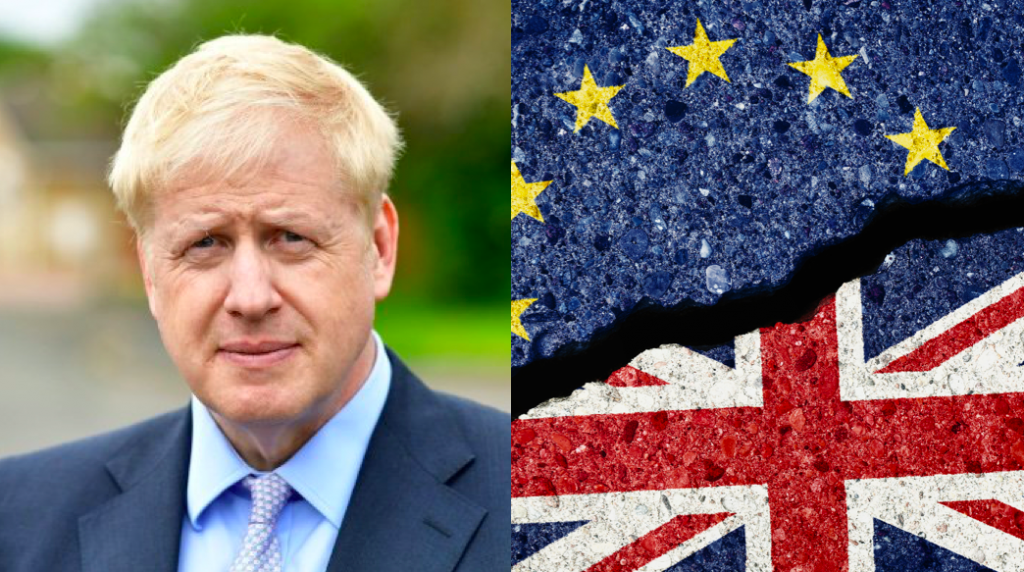For the past week, the British government has come under intense pressure over its plans to go against the European Union Act (Withdrawal Agreement), which it signed into law in January of this year.
Prime Minister Boris Johnson says the government needs to counter a loophole in the Agreement which, he claims, the EU is using to blackmail Britain into accepting unfair terms in a new trade deal.
Writing in the Telegraph at the weekend, Mr Johnson declared that that clauses in the Agreement about Northern Ireland continuing “to conform with EU law for four years”, is currently open to “misunderstanding.”
He said that the UK has been told “the EU will use an extreme interpretation of the Northern Ireland protocol to impose a full-scale trade border down the Irish Sea. This, the Prime Minister argued, is why the UK Internal Market Bill is necessary.
The proposed law cleared its first hurdle in the Commons on Monday night, giving the government “a legal safety net” against any efforts by the EU to impose restrictions on trade between different parts of the UK.
“The EU doesn’t play fair – just ask the Turks!”
Yet leaders from across the political spectrum, both past and present, have criticised the Prime Minister’s plans, deeming it a violation of the Withdrawal treaty, which will undermine the UK’s international standing.
In an op-ed for The Times, former British Prime Ministers John Major and Tony Blair wrote: “As we negotiate new trade treaties, how do we salvage credibility as “global Britain” if we so blatantly disregard our commitments the moment we sign them?”
While there is a certain validity to these concerns, there is also an air of naivety in the way these politicians regard the situation. The EU doesn’t play fair – just ask the Turks!
People living in Turkey and North Cyprus know first-hand how duplicitous the EU can be. Here are five good reasons they would advise Boris Johnson to be wary of the EU.
1.EU’s broken promises to Turkish Cypriots over direct trade
After the 2004 Annan Plan referendum, when 65% of Turkish Cypriots voted in favour of uniting Cyprus, and 76% of Greek Cypriots rejected the internationally backed plan, the European Commission promised direct trade between North Cyprus and the rest of the EU, and passed a directive to enable that to happen. However, the EU has never kept its promise, allowing Greek Cypriots to sabotage the implementation of the direct trade regulation.
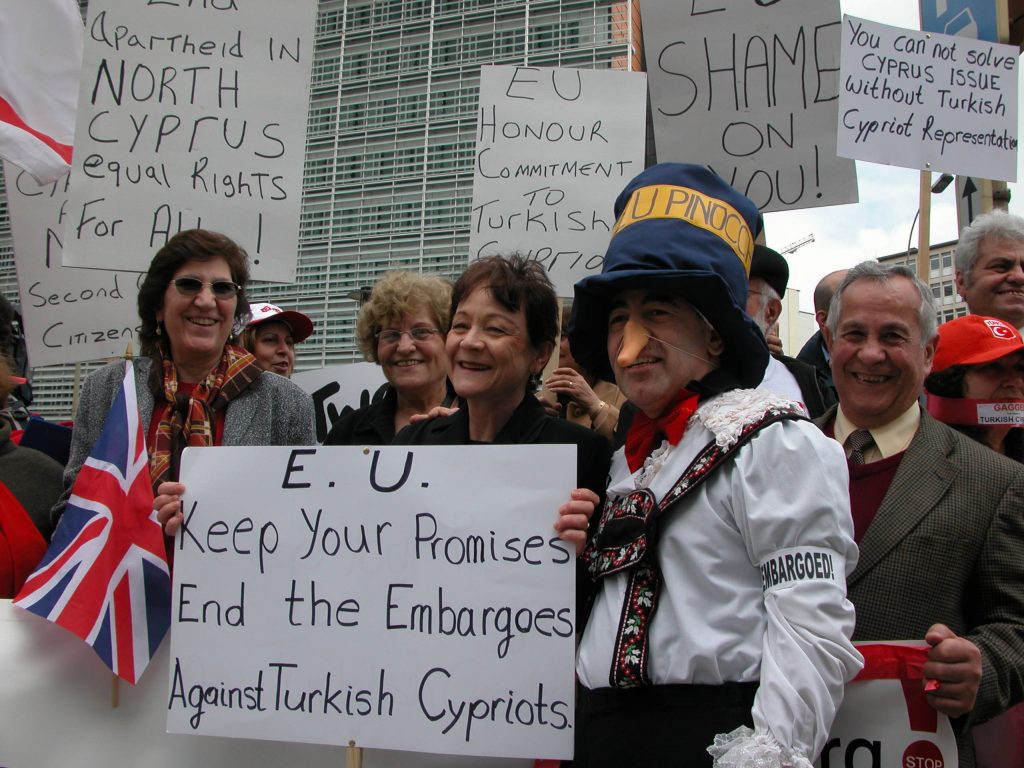
2. One rule for Turkey, another for Cyprus – EU is always moving the accession goal posts
Contrary to its own rules, the EU admitted a divided Cyprus into its midst in May 2004. The EU never made it conditional for the island’s membership of the EU to be on reaching a permanent political settlement, yet it now imposes this condition on Turkey, despite unification of Cyprus requiring the consent Greek and Turkish Cypriots, not Turkey.
It is also striking that countries far poorer than Turkey, such as Bulgaria and Romania, were admitted into the EU before Turkey.
Turkey applied to join the EU back in 1987, and the country made huge strides towards convergence, undertaking a massive programme of economic and political reforms during 2002 and 2007. Yet this was not sufficient to secure accession into the EU, blocked by a never-ending series of demands from the likes of France and Greek Cyprus. Turkey-EU negotiations now seem to be in terminal decline.
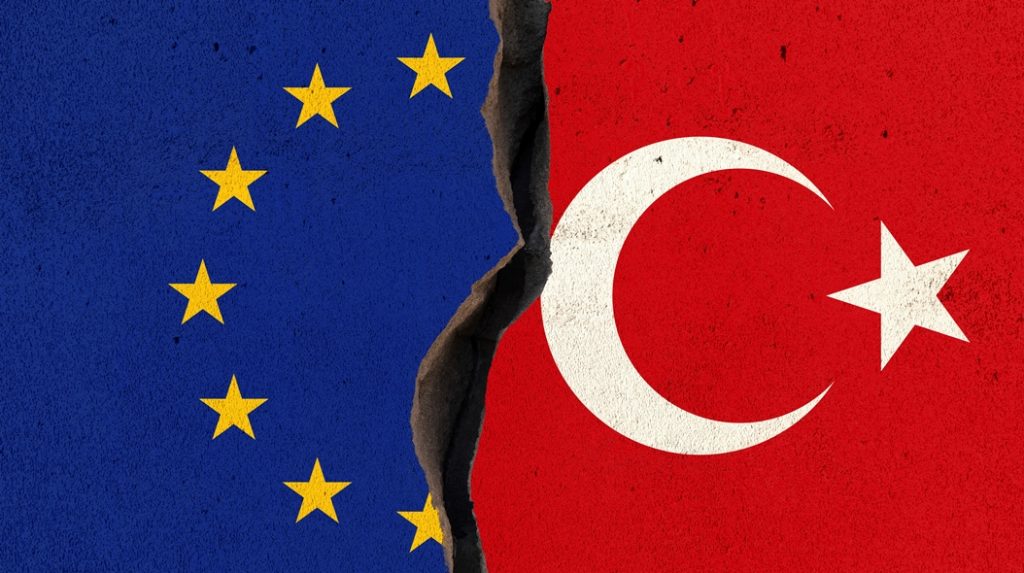
3. EU discriminates against own citizens in North Cyprus
The EU considers all of Cyprus a part of its territory, yet it happily denies those living in North Cyprus representation at the European Parliament. The EU’s insistence on the continued suspension of the Acquis Communautaire(EU laws) in North Cyprus means residents there are also barred from many of the rights and freedoms other EU citizens enjoy, with no end in sight to this discrimination.
More recent examples of EU bias includes the European Commission’s refusal to enforce the Green Line Directive that allows EU citizens to cross the Green Line border freely.
Greek Cypriots used the coronavirus pandemic to prevent non-Cypriots from crossing, and despite this being a political, not public health, decision, the Commission has upheld the ban on the freedom of movement across Cyprus, which goes against EU laws – again!
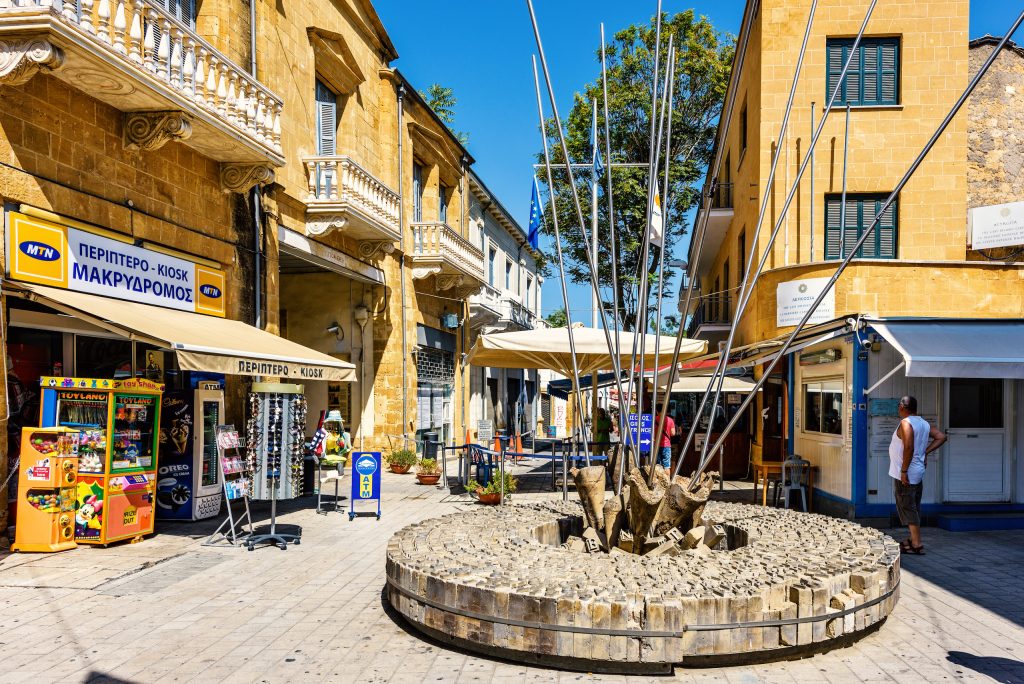
4. EU’s failure to uphold its 2016 deal with Turkey
Turkey has absorbed over 4 million refugees since the conflict in neighbouring Syria began in 2011, costing its economy over €30 billion in providing homes, health, education, employment and other vital support for displaced Syrians.
In order to try and contain the problem locally, and prevent refugees from heading to Europe, in 2016 the EU agreed to help Turkey cover these huge costs by offering two instalments of €3 billion. Only the first instalment was paid.
The EU has also reneged on a visa deal, where Turkish citizens would enjoy visa-free travel for 90 days in a 180-day period. The scheme should have been introduced by June 2016, but four years on and Turks are still waiting.
Then there’s the EU’s 2016 pledge to upgrade the 1995 Customs Agreement between Turkey and the EU, which has also failed to materialise.
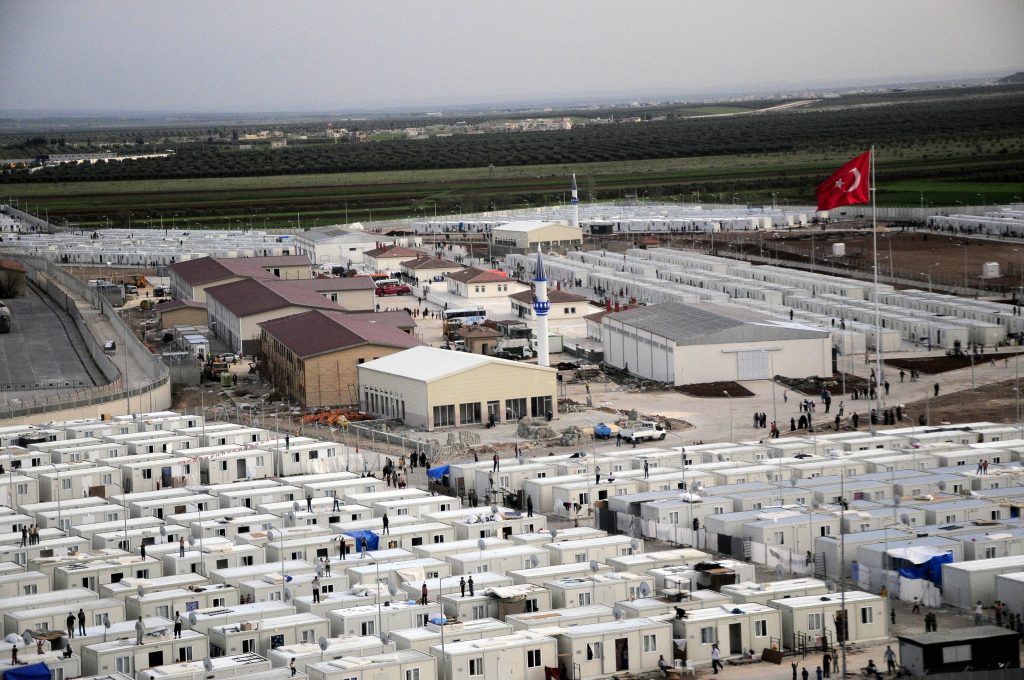
5. EU’s anti-Turkish bias in the Eastern Mediterranean crisis
The EU has waded into a dispute between Greeks and Turks, which encompasses mainland Greece and Turkey, and their two ethnic communities in Cyprus, who are disputing maritime boundaries, economic exclusion zones and hydrocarbon discoveries off the coast of Cyprus.
The EU has ridden roughshod over Turkish Cypriot rights to a share of hydrocarbons, repeatedly failing to acknowledge such rights exist, let alone show any respect for them.
During his visit to Cyprus in June, top EU diplomat Josep Borell refused to meet with Turkish Cypriot leaders to discuss their concerns, instead only meeting with Greek Cypriot officials. All of Borell’s communications about the Eastern Mediterranean crisis exclude any reference to Turkish Cypriots.
This bias extends to Turkey too, whose maritime rights are deliberately ignored by Brussels. Instead, the EU expects Ankara to adhere to a treaty it has never signed up to.
The United Nations Convention on the Law of the Sea (UNCLOS) imposes a 12-mile rule for territorial waters. As a signatory to UNCLOS, Greece asserts its maritime rights via islands and islets in the Aegean and Mediterranean, many unoccupied, claiming it owns the territorial waters right up to Turkey’s coastline.
Naturally, Turkey refuses to accept this, as it would essentially box the country in despite having the longest coastline in the region.
Most neutral observers agree Turkey’s position is reasonable. Yet the EU, led by France, fails to behave in an objective manner. Instead, they have threatened economic sanctions against Turkey and to formally end its EU membership bid.
Welcome to the EU-disgruntled club!
Do stand firm!
We sympathise with you very much here in Turkey@BorisJohnson https://t.co/yu3UwvNWwu— Prof. Dr. Hasan Ünal (@hasanunal1920) September 12, 2020
Sadly, there are no shortage of examples that Turks and Turkish Cypriots can share, which illustrates the EU’s unwillingness to adhere to international law or play by the rules – including its own ones.
It’s why Istanbul-based arch Eurosceptic professor Hasan Ünal tweeted on Saturday:
“Welcome to the EU-disgruntled club! Do stand firm! We sympathise with you very much here in Turkey Boris Johnson”.
Whatever our feelings about the legalities of the UK’s current actions, being disgruntled and wary of the EU is a view shared by the vast majority in Turkey and North Cyprus.


